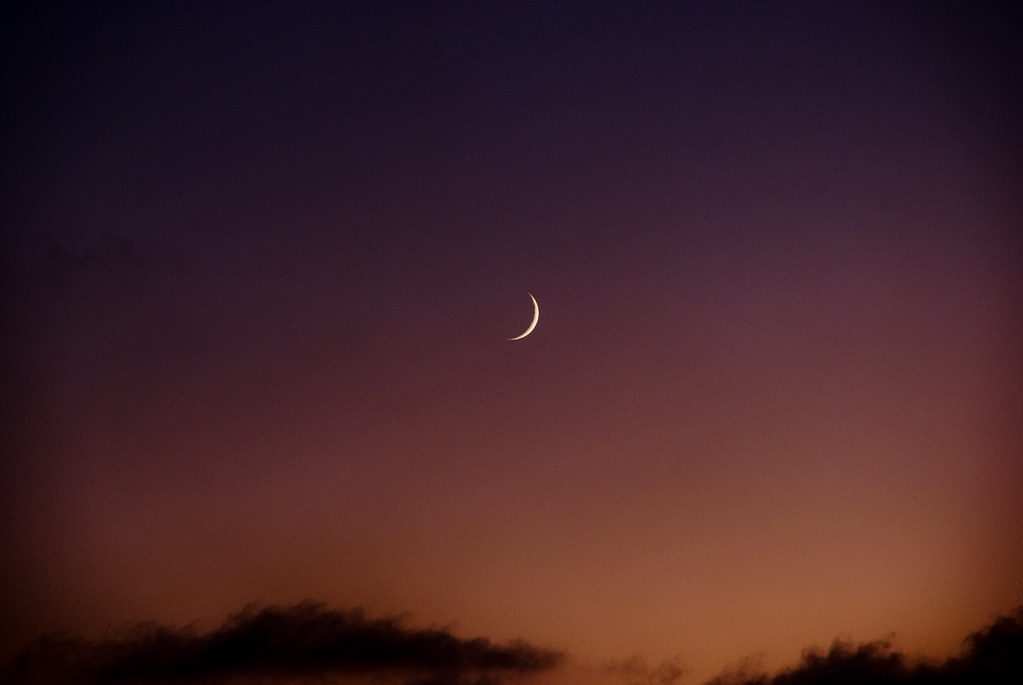
By Ansharah Asif
Ramadan is the most holy month of the Islamic religion. It is is celebrated as a remembrance to mark the first chapters of the Quran given to the Prophet Muhammad (SAW) by Allah. In Islamic culture, a lunar calendar, which is based on the phases of the moon is traditionally used. Ramadan is the ninth month, which is marked by the sight of a crescent moon, known as a waxing crescent, using the naked eye.
Ramadan is a period of sawm, which in Arabic translates to “to refrain”. Sawm is the fifth pillar of Islam, one of the main tenets of the Islamic religion. Muslims all around the world fast from dusk until dawn refraining themselves from eating, drinking, smoking as well as any type of immoral behavior ranging from but not limiting to unkind thoughts, unlawful acts and more.
Ramadan is also a time of “sacrifice and renunciation as well as a period of reflection and spiritual growth,” according to associate professor of religion at Oxford College of Emory University Florian Pohl.
Suhoor
Suhoor is an important aspect of fasting, as it is the only time when Muslims can adequately eat before they begin fasting. The general time to eat in suhoor is anywhere from midnight to 5 a.m.
“At Suhoor, my whole family gets up and we make food together. Usually, we just eat leftovers from Iftaar but I prefer to eat something light like a bagel or toast,” junior Sana Anis said.
Iftar
After sunset prayers, known as Asr, families and friends gather to break their fast known as Iftar. The traditional way of breaking a fast is by reciting a saying, also known as a dua, and then consuming a date as this is the way SAW used to break his fast. A traditional drink is Roohafza, which is a rose syrup which can then be mixed with cold water or milk.
“One tradition that I enjoy about Ramadan is our Iftar exchange with our neighbors. It has become a tradition, now, for several years in which my neighbors and I exchange what we have made for Iftar. I truly love this tradition of ours because it’s a great bonding method between us and because I get to enjoy various delicious kinds of foods,” senior Muneeba Memon said.
After Iftar, many pray Maghrib prayers, one of the five daily prayers.
Prayers
Muslims pray five times a day as it is also a part of their five pillars, known as salaa. The first prayer of the day is Fajr, which takes place around sunrise. The second prayer is Dhur which takes place around noon. At sunset, Muslims pray the Asr and in the evening the Maghrib. At night, before midnight, is the time for Isha prayers. In Ramadan, a set of prayers, known as Tarawih are offered, often performed at the mosque.
“We begin decorating for Ramadan a few days before it begins. We hang lanterns and fairy lights inside the house and it gives the house a really cozy vibe. My dad and my brothers go to Taraweeh prayers at the mosque and my mom and I pray together at home,” junior Layal Fateh said.
In these prayers, the entire Quran, the holy book of Islam, is completely recited over the course of the month of Ramadan.
Eid al-fitr
Eid al-fitr, which translates to “the feast of fast breaking”, is a three-day celebration in which Muslims celebrate the end of Ramadan. In this holiday, Muslims gather and pray Eid prayers early in the morning.
“A tradition of my family that I enjoy for Ramadan is actually preparing for Eid the last few days of Ramadan. On Eid, we dress up, pray and eat all the delicious food and bakery we prepared. We typically visit relatives and family friends and celebrate with them,” junior Brishna Momand said.
As a tradition, kids receive money from their aunts, uncles and parents. In addition, putting on henna and wearing new cultural clothes to join family and friends are common for Eid celebrations.
Ramadan is celebrated by thousands of Muslims around the world as it is a joyous celebration full of delicious meals and family reunions.
To learn more about Ramadan, click here.





